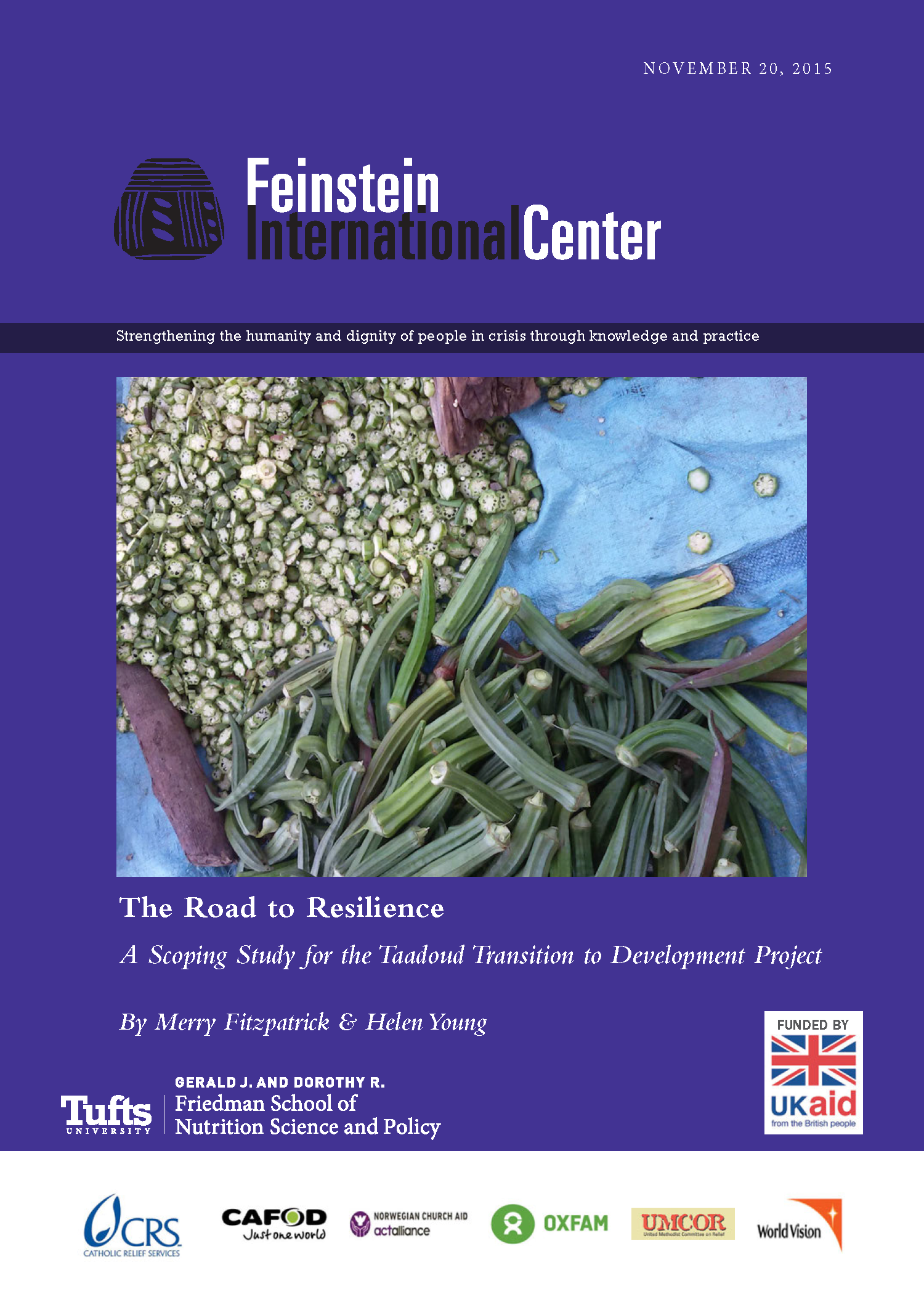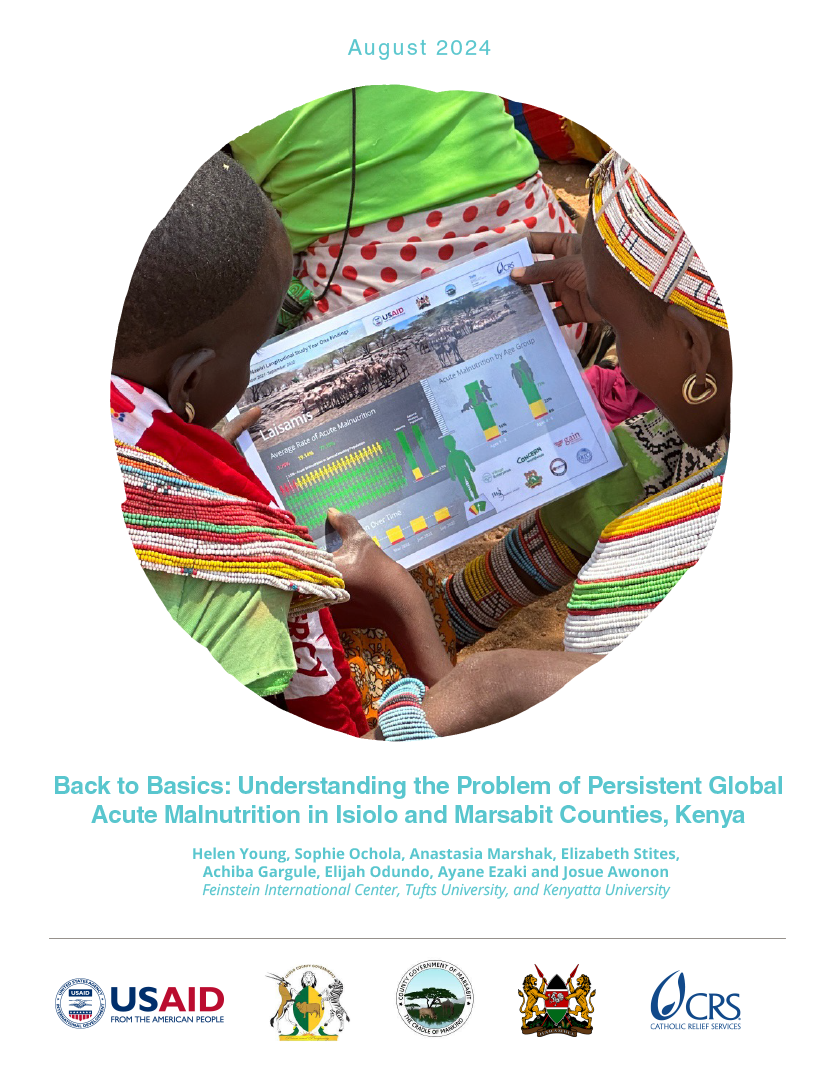This scoping study explores the resilience strategies of households in multiple livelihood systems by describing how households in Darfur have coped with conflict and other shocks over the past fifteen years. We found that people actively select particular sources of income in a strategic pattern and move in and out of various income streams as the context and their assets allow to maximize their immediate and long-term outcomes while coping with and recovering from shocks.
Simplified caricatures of the conflict in Darfur have described farming and animal herding as two opposed livelihood strategies, as if they function independently of each other, competing for the same resources. They are in fact using similar activities and depending on the sustainable management of the same natural resources. Factors related to power and social networks, often roughly following livelihood patterns, determine access to these natural resources.
This is the first of two reports. The follow up report, Road to Resilience: Experiences of Shock and Recovery in Darfur, Sudan, explores the differences in the impact of shocks and recovery between groups with different livelihood strategies in different areas of Darfur. It describes in more detail why certain households have been unable to move into the income streams necessary to fully recover.
As the international community pursues the road to recovery, these two studies contribute a critical understanding of the forces that inhibit recovery and polarize the relationships between the two parts of the same population in Darfur.







